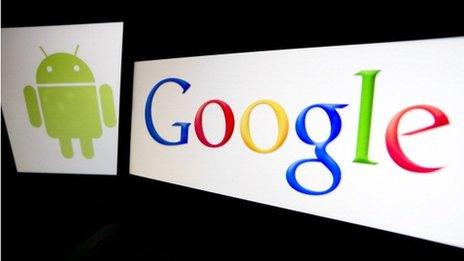Intel buys wearable technology firm Basis Science
- Published
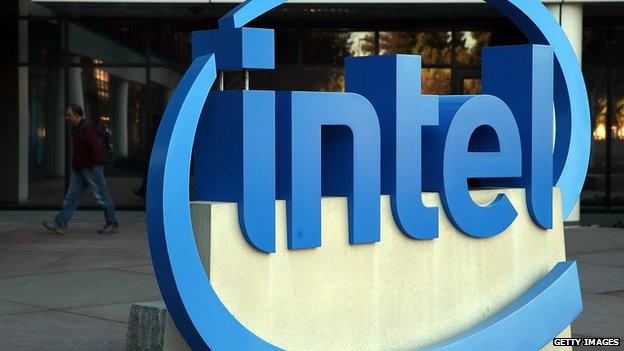
Chipmaker Intel said the acquisition of Basis Science provided 'immediate entry' into the wearable technology market
US chipmaker Intel has stepped up its investment in wearable technology with the acquisition of Basis Science, a firm known for its health tracking services and devices.
The start-up from San Francisco will be merged with Intel's New Devices Group, which focuses on wearable computing and connected devices.
Intel did not disclose the value of the deal.
But according to industry analysts the acquisition was worth $100m (£60m).
Basis Science is known for its health-tracking device, the Basis band, which monitors the user's heart rate and calorie-burning, among other things.
The Basis band will continue to be sold and supported through its existing channels.
New partnership
As part of the deal, Jef Holove, chief executive at Basis will become a general manager in Intel's New Devices Group.
"The acquisition brings access to Intel resources, expertise and global scale as we work together to explore new possibilities of wearable technology," Mr Holove said.
In a statement, external Mike Bell, Intel vice president for the New Devices Group said: "The acquisition of Basis Science provides immediate entry into the market with a leader in health tracking for wearable devices.
"As we accelerate our position in wearables, we will build upon this foundation to deliver products that bring people greater utility and value."
The deal comes as an increasing number of technology companies are moving into wearable technology, which they see as a basis for the next wave of innovation.
South Korea's Samsung unveiled its latest Galaxy Gear smartwatch in February.
Consumers and industry watchers are also waiting to see if Apple will unveil its smart gadget dubbed the iWatch, later this year.
According to industry research, the value of the wearable technology market crossed $4bn last year, and is expected to more than double by 2018.
- Published26 March 2014
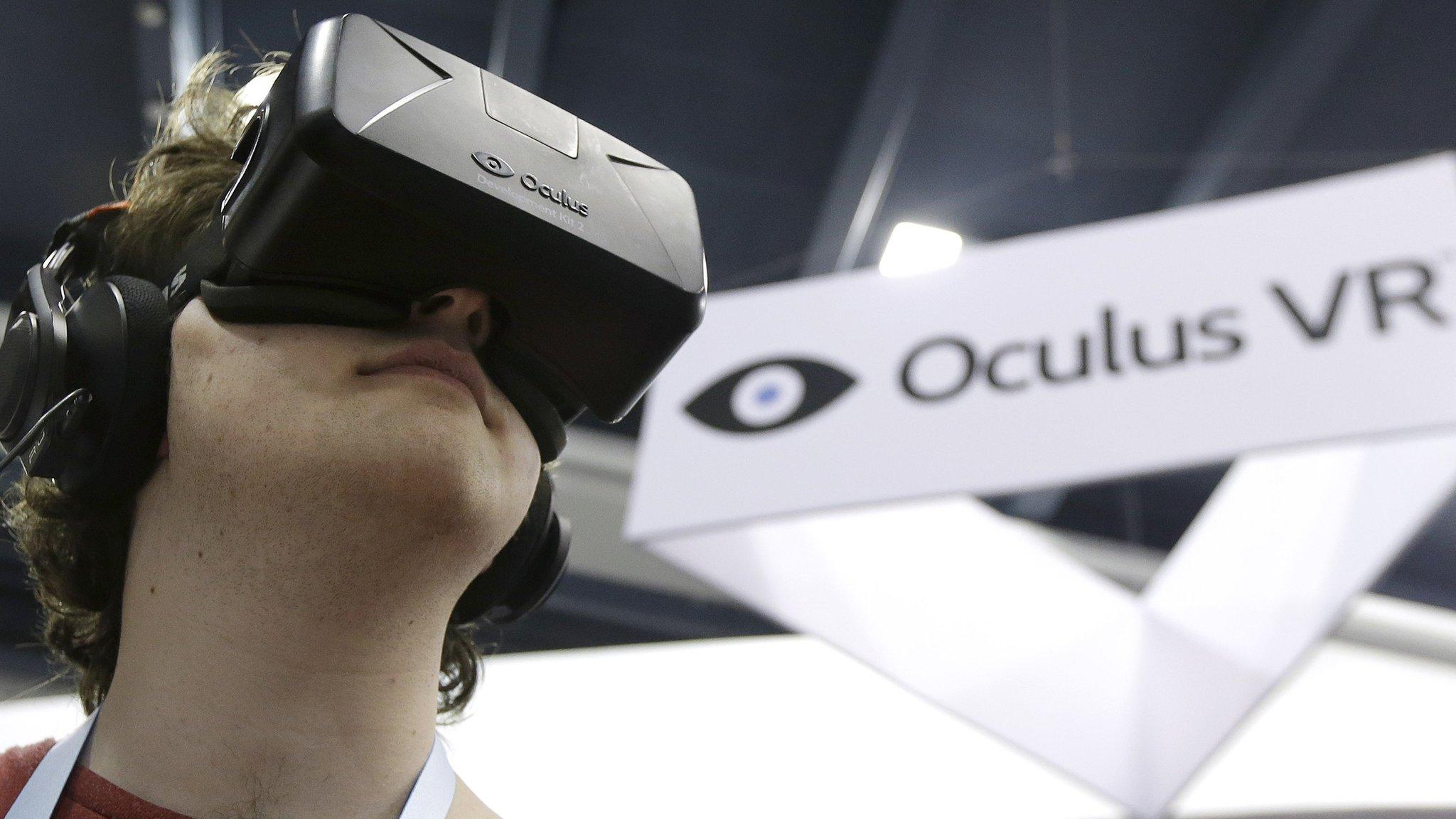
- Published18 March 2014
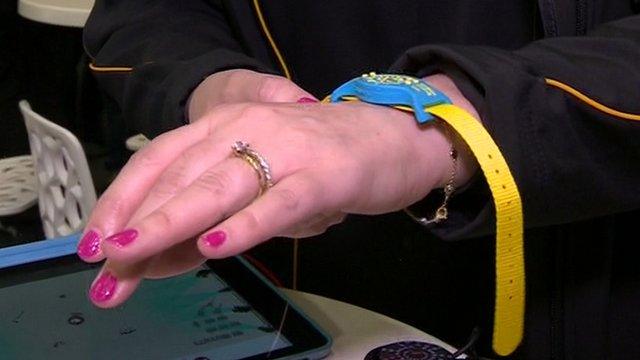
- Published21 February 2014
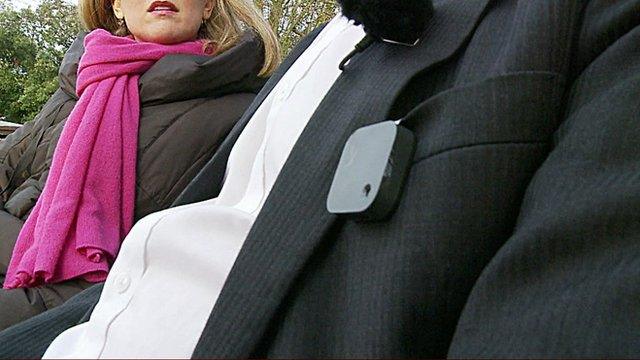
- Published10 March 2014
